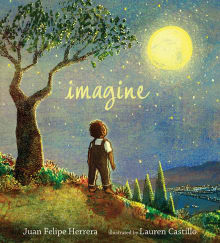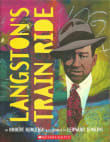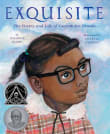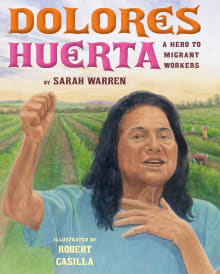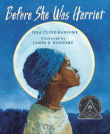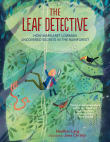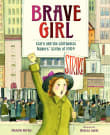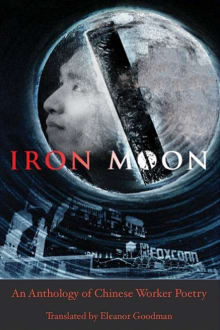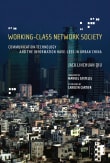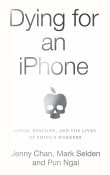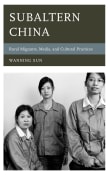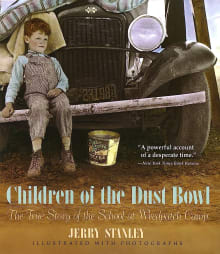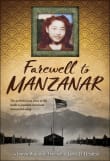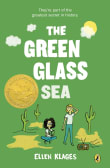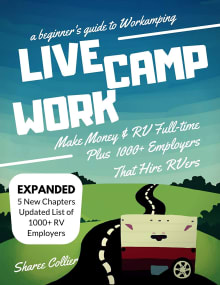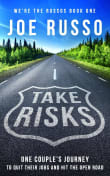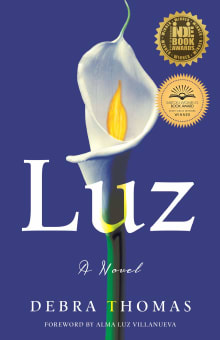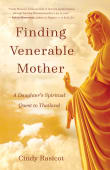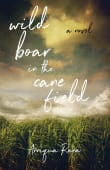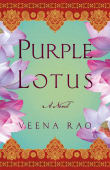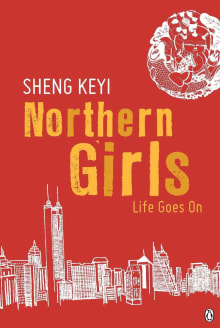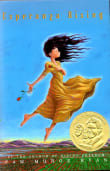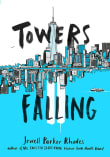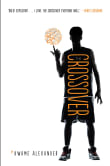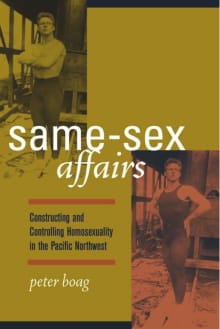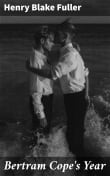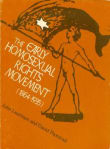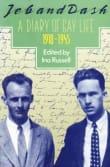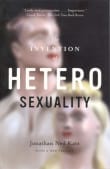
Why did Lucille love this book?
Chasing Eleanor is a heart-wrenching tale of the worst of the Great Depression era and the best in humanity in desperate times. A teen girl trying to keep what is left of her family together and care for them under impossible circumstances keeps you turning the page. The people she meets along the way are quite believable and add poignancy to the story, and of course, the person who inspires the greatest hope and fortitude in her - Eleanor Roosevelt. A great read!
2 authors picked Chasing Eleanor as one of their favorite books, and they share why you should read it.
Newly orphaned Magnolia Parker must protect her sick little brothers, but when the authorities send the boys to an unknown orphan asylum, Magnolia calls on her unwavering grit to bring them home. She's lost everything but still has a secret weapon—a promise from Eleanor Roosevelt, the most famous woman in America. Setting out on a cross country quest, she befriends two unlikely travelers: Hop, a migrant worker with a big heart, and Red, a young girl traumatized into silence. Hunger and dust storms aren't the only dangers this found family faces on the rails. After an assault, they're forced to…











